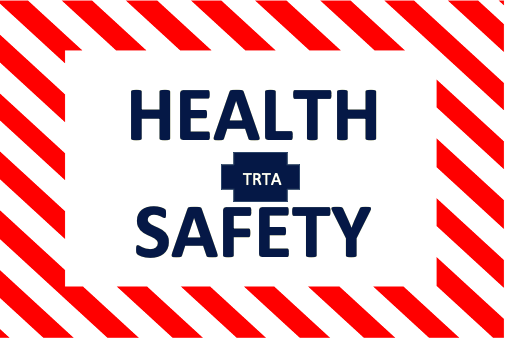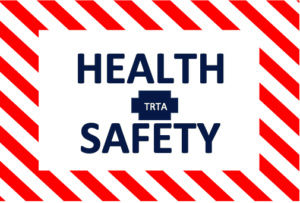Spring is now over, but you’re still stopped up, sniffly, and sneezing.
WELCOME to summer allergy season. It keeps going long after April showers and May flowers are gone. Allergy season can mean different things to different people. Generally, it depends on when the type of pollen you’re allergic to is released into the air. Different plants release their pollens at different times throughout the year.
If you are allergic to just one allergen, you may only experience allergy season for the same few weeks or months every year. However, if your symptoms are triggered by a few different allergens, then you might find yourself affected for two or more seasons.
In short, all four seasons can be “allergy season”, depending on their triggers.
REDUCE YOUR EXPOSURE TO ALLERGY TRIGGERS
. Stay indoors on dry, windy days.
. Avoid lawn mowing, weed pulling and other gardening chores.
. Remove and wash worn clothing. Shower and wash your hair.
. Keep indoor air clean.
TAKE EXTRA STEPS WHEN POLLEN COUNTS ARE HIGH
. Check the local media for pollen forecasts and current pollen levels.
. Based on high pollen counts forecasted, start taking your allergy medication.
. Close doors and windows.
. Avoid outdoor activity in early morning when pollen counts are highest.


